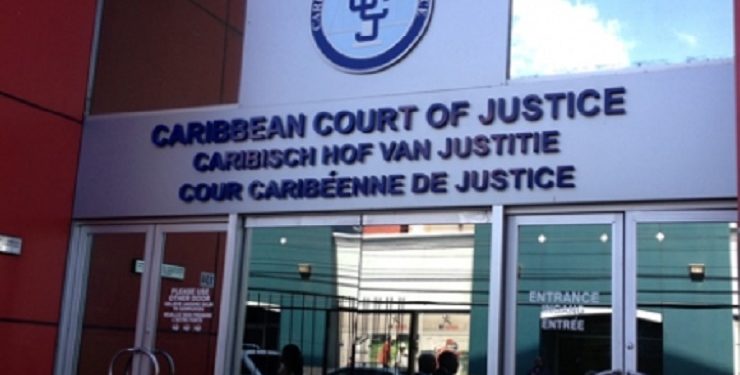PORT OF SPAIN, Trinidad, Wednesday April 8, 2020 – The Caribbean Court of Justice (CCJ) has described a four-year delay in Barbados’ Court of Appeal handing down a judgment in a long-running civil case as bordering on intolerable. But it says appellants cannot bypass Courts of Appeal to have their matters heard by the Trinidad-based regional court.
In handing down a ruling on a dispute that has a long history in Barbados’ courts, the CCJ said that, in its appellate jurisdiction, it can only hear appeals from judgments delivered by the Court of Appeal.
The CCJ has replaced UK’s Privy Council as the final court of appeal on criminal and civil matters for Barbados, Belize, Dominica and Guyana, although other Caribbean Community (CARICOM) nations have also signed on to the court’s original jurisdiction under which it interprets and applies the rules set out in the Revised Treaty of Chaguaramas and decides disputes arising under it.
In the latest round of litigation in the case of Knox v Deane and others, High Court judge Justice Randall Worrell had made an order against Marjorie Knox, who passed away and is now represented by her son, John Knox.
The order, made in the High Court of Barbados, was to seize dividends from Kingsland Estates Limited that were payable to the mother’s estate. Knox appealed to the Court of Appeal which reserved its decision since 2016.
The son of the deceased therefore took the view that the failure to date of the Court of Appeal to give a decision should be treated as if it were a dismissal of his appeal. It was on this basis, that he believed the CCJ should give him permission to appeal the High Court oder.
In effect, Knox was seeking to bypass the Court of Appeal and take his case straight to the CCJ from the High Court.
However, the CCJ disagreed with that approach. It said that unless the Parliament of Barbados provides otherwise, the CCJ has jurisdiction only to hear appeals from decisions of the Court of Appeal.
However, it did acknowledge that “justice delayed is justice denied”.
“A delay of over four years in a case that turns on whether a judge was right or wrong in making a garnishee (order to seize assets) borders on the intolerable,” CCJ President Justice Adrian Saunders said in delivering the judgment of the three-member panel.
“Mr Knox is not without remedy for any such denial. Under section 24(1) of the Constitution, he may make an application for such constitutional redress as he considers himself to be entitled.”
The CCJ therefore dismissed Mr Knox’s application for permission to appeal.


















